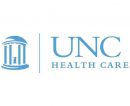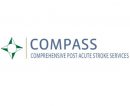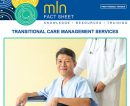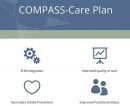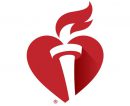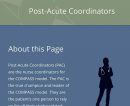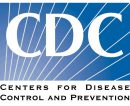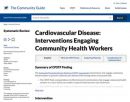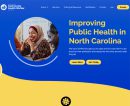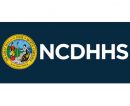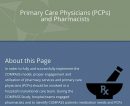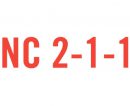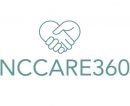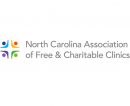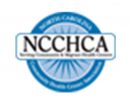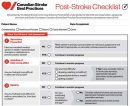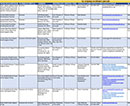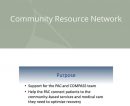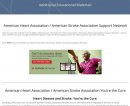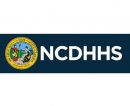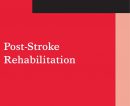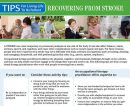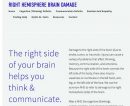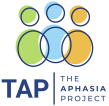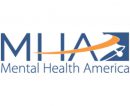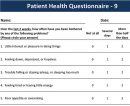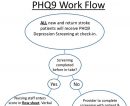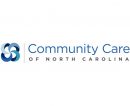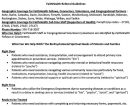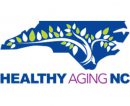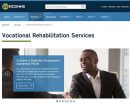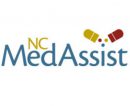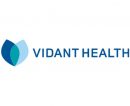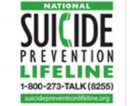Post-Stroke Care
Care coordination following hospital discharge helps patients find their way forward to optimal recovery, health and independence.
Strategies Related to Post-Stroke Care
-
Support post-acute care transition planning
Prior to discharge, educate patient, family, and caregivers about transition planning
-
Adult Stroke Resources
UNC Department of Neurology resources for patients and caregivers from basics of stroke to NC Vocational Rehab information
-
COMPASS Study Patient Handouts
Disease management, insurance, and secondary prevention for patients and caregivers
Use Transitions of Care protocols
- Encourage consistency across NC
- Use a checklist to standardize care transitions
- Build on minimum standards for post-acute care: call within 2 business days of discharge, schedule follow-up visit within 7-14 days of discharge, develop individualized care plan
-
Advanced Practice Providers
COMPASS Study transitional care resources, assessments, and trainings
-
CMS Transitional Care Management Booklet
CMS resource for Medicare providers
-
EHR-Integrated Data
For creating individualized care plans
-
Guidelines for Adult Stroke Rehabilitation and Recovery
American Stroke Association
-
Post-Acute Coordinators
COMPASS Study transitional care resources, assessments, and trainings
-
-
Encourage care coordination
Integrate across providers including physicians, advanced practice providers, nurses, therapists (PT, OT, and ST), pharmacists, and others
-
AHA Supports CHWs to Prevent and Treat CVD
The American Heart Association (AHA) supports CHWs to prevent and treat CVD
-
CDC Resources for CHWs
Community Health Workers resources
-
Community Health Worker Training in North Carolina
NC CHW standardized statewide trainings for certification
-
CPSTF Recommends Community Health Worker Interventions to Prevent Cardiovascular Disease
The Community Preventive Services Task Force (CPSTF) recommends interventions that engage community health workers to prevent CVD
-
Home Health and Outpatient Rehab Providers
COMPASS transitional care resources, assessments, and trainings
-
NC Community Health Worker Association
Sets standards and provides training for certification.
-
NC Office on Rural Health Community Health Workers (CHW)
CHW resources, training, and news about opportunities for certification
-
Primary Care Providers and Pharmacists
COMPASS transitional care resources, assessments, and trainings
-
Rural Health Information Hub
Info and tool kits to promote Patient Navigators and Community Health Workers
Integrate within EHR systems
-
EHR-Integrated Data
For creating individualized care plans
Develop a standard checklist
- Whom to call if/when (local number) and specific topic-based resources
-
2-1-1 resources
Housing, food, healthcare, aging and disability services for all citizens of NC. Available also by phone at 2-1-1.
-
Aunt Bertha Referral Platform
National zip code-level resources that connect people to programs
-
NCCARE360
statewide coordinated care network which electronically connects people to community resources; available in every county in NC by the end of 2020
-
-
Promote awareness of and access to post-stroke care services and/or resources
Conduct pre-discharge assessment for post-stroke care services and make referrals
-
Directory of County Health Departments
NC Department of Health and Human Services
-
Directory of Free & Charitable Clinics
NC Association of Free & Charitable Clinics
-
Map of Community Health Centers
NC Community Health Center Association
-
Pediatric Strokes: Parent and Family Guide
UNC Pediatric Stroke Resource and Brochure
-
Post-Stroke Checklist
Canadian Stroke Best Practices
Strengthen stroke support networks
- Regionalize the stroke support networks for long-term sustainability and geographic identity
- Connect patients to post-stroke community
-
A list of Stroke Support Groups
Located in North Carolina
-
COMPASS Study Support Network
For both patients and caregivers
-
NC Regional Long-Term Care Ombudsman Program
NC Division of Aging and Adult Services resource for those needing assistance while receiving rehab in long-term care facility/rehab
-
Post-Stroke Rehabilitation Booklet
US Department of Health and Human Services
-
Recovering from Stroke Tip Sheet
American Occupational Therapy Association
-
Right Hemisphere Brain Damage
Resource for understanding impairments that result after right brain stroke
-
The Aphasia Project
Supports individuals who have aphasia and their caregivers through community building, education and group activities; online offerings available to all
-
United Stroke Alliance
is a non-profit organization dedicated to educating people on the prevention, awareness and recovery of stroke for survivors, caregivers and their families; online offerings available to all
Diagnose and manage post-stroke depression
-
COMPASS Study Patient Handouts
Disease management, insurance, and secondary prevention for patients and caregivers
-
COMPASS Study Support Network
For both patients and caregivers
-
Depression and Stroke
American Stroke Association
-
Depression Self-Screening Test
Mental Health America
-
Mental Health Providers in NC
Department of Health and Human
-
Patient Health Questionnaire
For depression screening
-
Patient Screening for Depression
Workflow in an outpatient setting
Address caregiver burnout
-
COMPASS Study Patient Handouts
Disease management, insurance, and secondary prevention for patients and caregivers
-
COMPASS Study Support Network
For both patients and caregivers
-
Post-Acute Coordinators
COMPASS Study transitional care resources, assessments, and trainings
Access wellness services and resources
- Address geographic or economic disparities in the determinants of stroke
-
Post-Acute Coordinators
COMPASS Study transitional care resources, assessments, and trainings
Identify community-based resources
-
Area Agencies on Aging
Regional support programs for older adults
-
Community Pharmacy Enhanced Services Network (CPESN)
Integrating pharmacists into the Medical Home Team
-
FaithHealth Resources
Linking stroke survivors and caregivers to faith-based services
-
Healthy Aging NC
Falls Prevention and other programs from NC Center for Health & Wellness
-
Mental Health Providers in NC
Department of Health and Human
-
NC DHHS Vocational Rehabilitation Services
help people with disabilities achieve their goals for employment and independence
-
NC MedAssist
For free medications for NC citizens below 200% of the Federal Poverty Level
-
Post-Acute Coordinators
COMPASS Study transitional care resources, assessments, and trainings
-
Primary Care Providers and Pharmacists
COMPASS transitional care resources, assessments, and trainings
-
Vidant Health Community Resources including Support Groups and Resource Guide
Provides national, state, county and local resources for the 29-county region in eastern North Carolina that Vidant serves
-
-
Collaborate with Joint Commission, AHA Get With the Guidelines, and COMPASS to develop post-acute stroke metrics
Hospital treatment
Support patient reintegration into community
- Functional outcomes
- Back to work
- Mental state
- Resources accessed (quantity, usage)
- Secondary stroke
-
Advanced Practice Providers
COMPASS Study transitional care resources, assessments, and trainings
-
Choosing the Right Stroke Rehab Facility
American Stroke Association
-
Mental Health Providers in NC
Department of Health and Human
-
NC DHHS Vocational Rehabilitation Services
help people with disabilities achieve their goals for employment and independence
-
Post-Acute Coordinators
COMPASS Study transitional care resources, assessments, and trainings
-
Rehab Therapy After Stroke
American Stroke Association
-
Suicide Prevention Lifeline
1-800-273-TALK (8255) provides free and confidential support 24/7
-
Provide education about stroke prevention
(Also see Stroke Prevention strategies)
-
Adult Stroke Resources
UNC Department of Neurology resources for patients and caregivers from basics of stroke to NC Vocational Rehab information
-
COMPASS Study Support Network
For both patients and caregivers
-

